Most of what we call management consists of making it difficult for people to get their work done
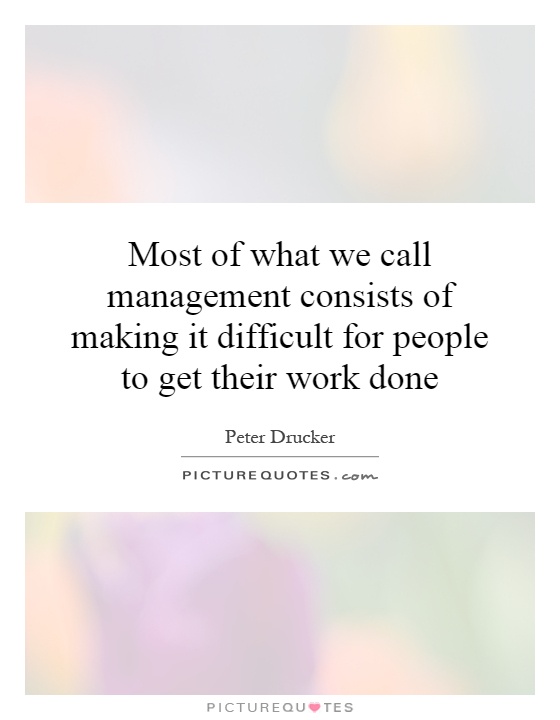
Making It QuotesFor People QuotesWork Done QuotesDifficult Work QuotesGet It Done QuotesPeter Drucker Quotes
Most of what we call management consists of making it difficult for people to get their work done
Peter Drucker, often referred to as the father of modern management, was a renowned management consultant, educator, and author who made significant contributions to the field of management theory. One of his most famous quotes is, “Most of what we call management consists of making it difficult for people to get their work done.” This statement reflects Drucker’s belief that traditional management practices often hinder rather than facilitate productivity and efficiency in the workplace.Drucker’s perspective on management can be understood in the context of his emphasis on the importance of empowering employees and fostering a culture of trust and collaboration within organizations. He believed that effective management is not about controlling or micromanaging employees, but rather about providing them with the necessary resources, support, and autonomy to perform their jobs effectively. In this sense, Drucker argued that many traditional management practices, such as excessive bureaucracy, rigid hierarchies, and overly prescriptive policies, can actually impede employees’ ability to do their work efficiently.
One of the key principles that Drucker advocated for was the concept of decentralization, which involves delegating decision-making authority to employees at all levels of the organization. By empowering employees to make decisions and take ownership of their work, Drucker believed that organizations could tap into the full potential of their workforce and drive innovation and growth. In contrast, a top-down, command-and-control management approach can stifle creativity, initiative, and motivation among employees, ultimately hindering their ability to perform at their best.
Furthermore, Drucker emphasized the importance of aligning organizational goals and individual goals to ensure that employees are motivated and engaged in their work. He believed that managers should focus on creating a supportive and inclusive work environment where employees feel valued, respected, and motivated to contribute their best efforts. By fostering a culture of trust, collaboration, and open communication, organizations can create a positive work environment that enables employees to thrive and achieve their full potential.

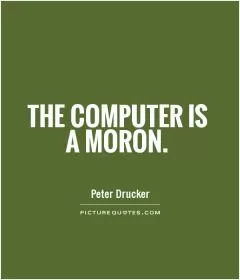

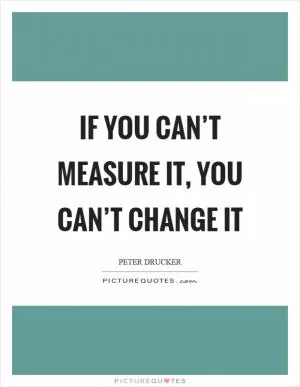


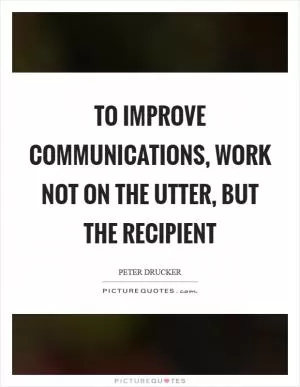

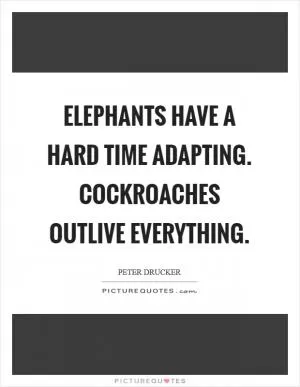
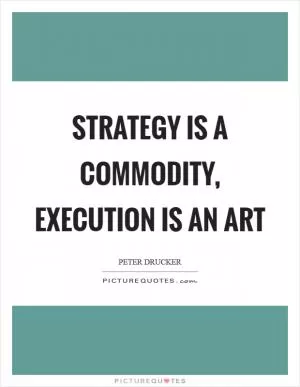


 Friendship Quotes
Friendship Quotes Love Quotes
Love Quotes Life Quotes
Life Quotes Funny Quotes
Funny Quotes Motivational Quotes
Motivational Quotes Inspirational Quotes
Inspirational Quotes